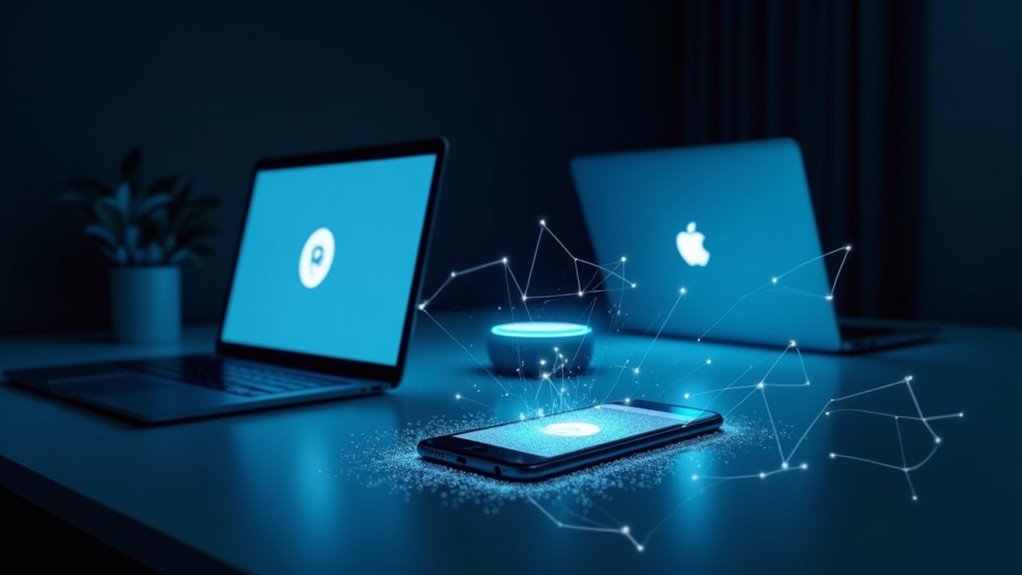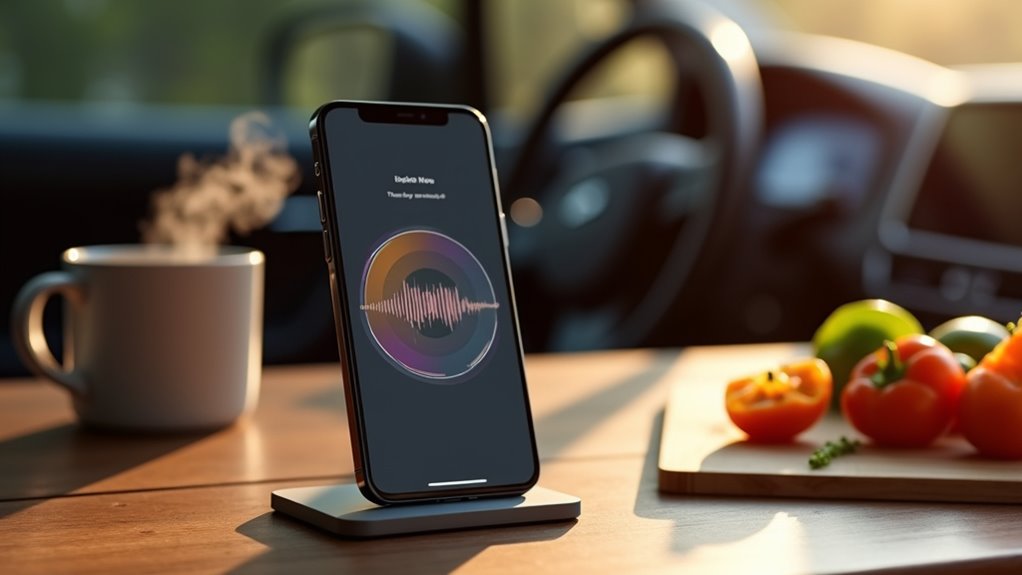Microsoft is keen on making AI more than just code, but a trustworthy *friend*. For laid-off employees, they’re saying, “Hey, AI’s got your back—not your pink slip.” By pushing transparency, Microsoft dismisses fears of being replaced by robots, aiming instead to be the reliable *Jarvis* to your *Tony Stark*. As they trim middle management, AI is designed to help, not hinder—like a super helpful, though slightly snarky, assistant. Check out the next steps in their AI saga!
In the high-stakes world of tech, Microsoft’s dance with artificial intelligence (AI) is more cha-cha than two-step. Orchestrating a symphony of transparency, responsibility, and a sprinkle of corporate charm, Microsoft is determined to build trust in AI. The tech giant’s 2025 Responsible AI Transparency Report, no doubt scoured by legal and ethics pros, underscores their commitment to ethical AI use—so, don’t expect any rogue self-driving Clippy assistants.
Behind the scenes, they’re crafting AI like a master chef delicately balancing flavors. By evaluating AI models for risks before going live, they adhere to a Responsible AI Standard, a framework more thorough than a Marvel movie contract. Microsoft aligns its governance with emerging regulations like the EU’s AI Act, effective this year, reflecting its proactive approach. Teams from engineering to law work together, ensuring fairness, safety, and all those warm fuzzy things we humans care about. Governance at Microsoft is aligned with industry standards, such as the NIST AI Risk Management Framework, highlighting their dedication to meeting ethical and regulatory standards.
Now, about those layoffs. Microsoft trimmed middle management, leaving frontline workers intact, hinting at strategic maneuvers rather than a robot coup d’état. Even copilot AI tools are just toddlers wearing digital diapers, far from upending the workforce. No need to panic, yet. AI aims to enhance efficiency, not send an army of bots to replace us.
Microsoft trims middle management, hinting at strategic moves, not a robot revolution. Copilot AI still in nappies.
Microsoft isn’t just building AI; it’s shoveling truckloads of cash into it—$80 billion, to be precise. It’s like they’re buying a waterfront mansion in the tech world, complete with a helipad made of tech trust and transparent governance. And yes, customers and regulators are snooping around like paparazzi at a celebrity wedding, nudging Microsoft toward high standards.
Internally, there’s a twist: Microsoft gently nudges employees—okay, maybe a bit forcefully—toward AI. Facing resistance, they’re on a mission to make AI seem like the office buddy you actually like. Not sci-fi villain-style forcing, but enough to get those skeptical faces buried in AI manuals because future workflows *need* AI.
In a plot thick enough for a sitcom, Microsoft wants laid-off employees to trust that AI has their best interests at heart—or at least not to fear it like the apocalypse. It’s a cocktail of skepticism, cautious optimism, and a dash of tech razzle-dazzle. Cheers to AI companions—not conquerors.









